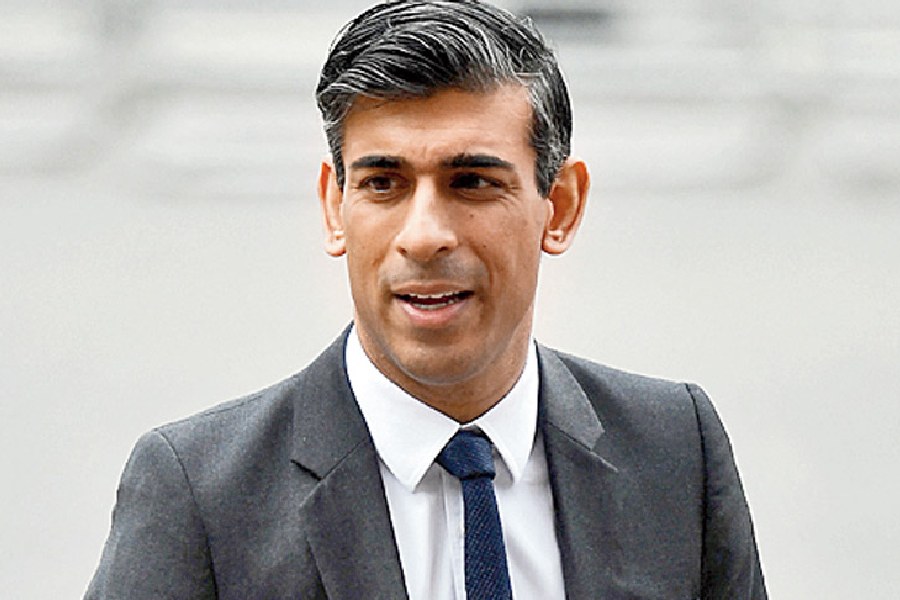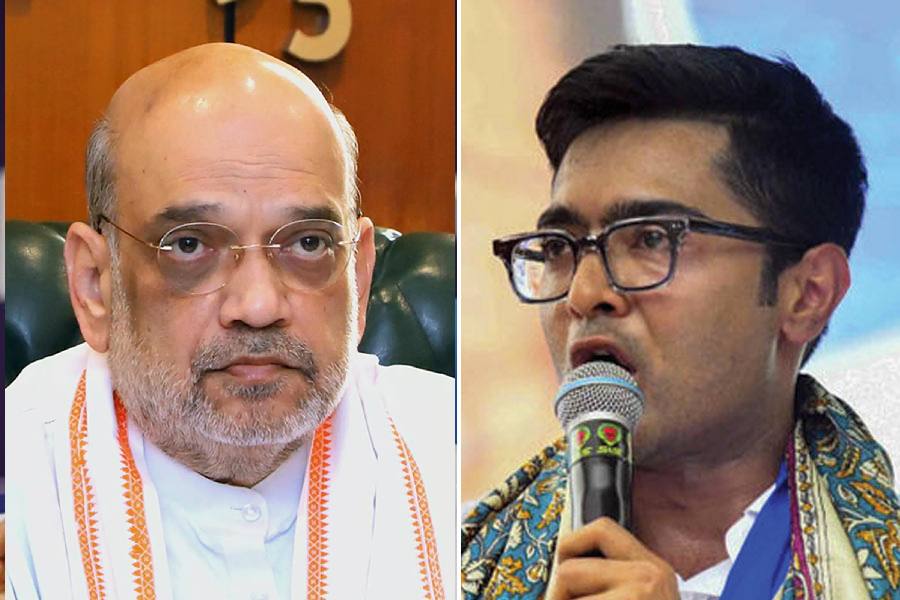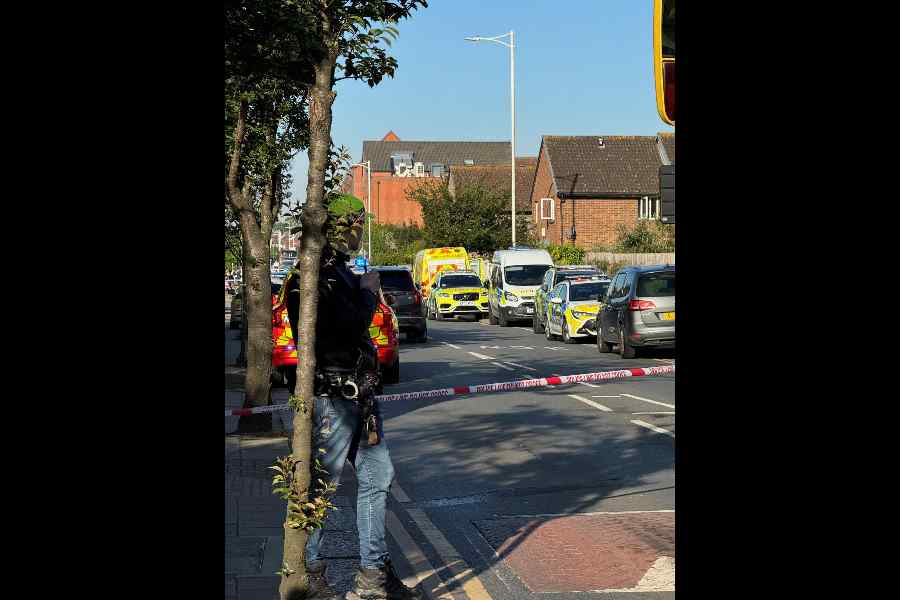Rishi Sunak's Conservative Party has lost 48 councils and more than 1,000 councillors across England in the local polls, with the Opposition Labour Party terming it a "clear rejection" of the incumbent British Prime Minister.
Voters went to the polls on Thursday to elect local representatives in 230 of England's 317 councils in what marked Sunak’s first electoral test at the ballot box since the British Indian leader took charge at 10 Downing Street in October 2022.
Labour is now the largest party in local government - overtaking the Conservatives for the first time since 2002.
The Tories lost 48 councils and more than 1,000 councillors across England in Thursday's polls, exceeding their worst predictions, BBC reported.
Keir Starmer, Leader of the Opposition and Leader of the Labour Party, claimed his party was on course to win the next general election, expected next year.
Many Tories were angry at the scale of the losses, with some blaming Sunak.
"The British public has sent a clear rejection of a prime minister who never had the mandate to begin with," a Labour spokesperson said.
The Liberal Democrats had what their leader Sir Ed Davey said was their "best result in decades", taking control of 12 councils, mostly in Tory heartlands. The party gained 405 new councillors, compared with Labour's 536 gains.
The Green Party gained 241 seats - their best-ever result in local elections - and gained its first majority on an English council, in Mid-Suffolk, although they were overtaken as the biggest party by Labour in Brighton and Hove.
Sunak admitted the results were "disappointing", but said he did not detect "a massive groundswell of movement towards the Labour Party or excitement for its agenda".
Starmer claimed the "fantastic" results showed his party was well placed to oust the Tories from government in a general election, expected next year.
"Make no mistake, we are on course for a Labour majority at the next general election," he told cheering activists in Medway in Kent, one of the councils his party has wrested from the Tories.
Labour won control of councils in areas that will be crucial battlegrounds in the general election, including Medway, Swindon, Plymouth, Stoke-on-Trent, and East Staffordshire.
The BBC's projected national vote share put Labour on 35 per cent, the Tories on 26 per cent and the Lib Dems on 20 per cent.
Labour's projected nine-point lead represents its largest over the Conservatives on this measure since the party lost power in 2010.
While Labour has made some gains in areas that it will need to win back at a general election, doubts remain whether the party has done enough to be on the cusp of a return to government.
While poll experts are striking a note of caution to say that local elections have never proven to be very reliable indicators for a general election, the mood music around Sunak having taken over a deeply divided party without the backing of the wider British electorate has only got louder.
The term for Parliament is five years. As the current Parliament first met on December 17, 2019, it will be automatically dissolved on December 17, 2024. Thus, the next UK general election is not due until January 2025.
Except for the headline, this story has not been edited by The Telegraph Online staff and has been published from a syndicated feed.










